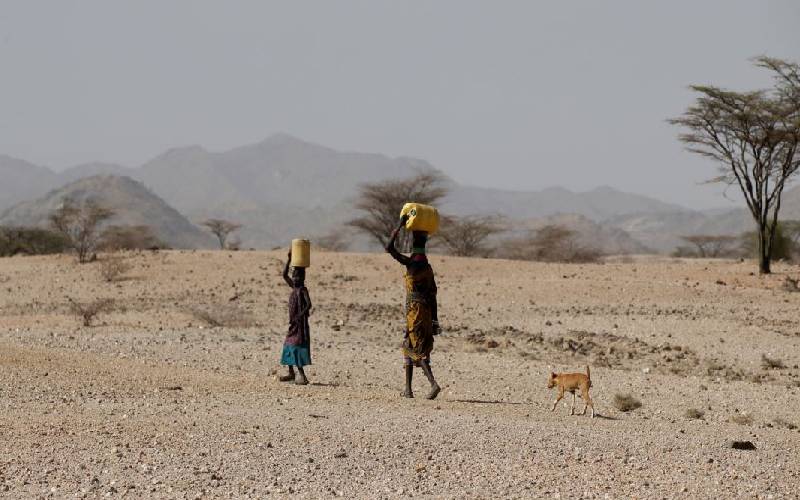×
The Standard e-Paper
Kenya’s Boldest Voice

She lay on a piece of a bag of maize. Her frail frame covered only by a piece of cloth so tattered one could no longer tell whether it was a dress or a sheet once upon a time. For a pillow, she has made a tiny ball out of rugs.